Berghahn Series
The Human Economy
Founding Editor:
Keith Hart, Professor of Anthropology Emeritus, Goldsmiths University of London
Series Editors:
Catherine Alexander, Durham University
Horacio Ortiz, CNRS, CEFC and East China Normal University
Editorial Board:
Sophie Chevalier, Université de Picardie Jules Verne
Sean Maliehe, University of Pretoria
Mallika Shakya, South Asia University, New Delhi
This series proposes to publish books that address economic issues from a critical perspective, connecting people’s everyday lives and economies to the global and historical interdependencies of which they are part.
We are interested in studies that pay attention to actual practices and meanings and analyze them as part of global processes. We look for research that leverages qualitative approaches to show how humanity is connected and mutually dependent. We favor approaches that go beyond binaries such as local/global, North/South, West/the Rest, and center/periphery, and study instead connections and disconnections, flows, inclusions, exclusions, concentrations and disseminations across the globe.
The series is interested in exploring these interdependencies through a very broadly defined lens of the economy. We favor analyses that explore interdisciplinary approaches and do not feel welded to established all-encompassing approaches such as those distinguishing the domestic from the political economy, the formal from the informal or the developed from the developing. We are interested in approaches that problematize the notion of economy itself, looking at intersections and co-constitutions between money, exchange, labor, distribution and other concerns such as emotion, identities, religion, politics, material culture and the environment, among others. We see this series as an open space for exploration within, across and beyond the (often sterile) frontiers of economic anthropology, economic sociology and political economy, that might combine with, for instance, queer theory, post-human studies, post-colonial studies, critical science and technology studies, political science, social geography and global history.
The series wants to promote critical approaches of global economic relations that put concerns about power, hierarchies and inequalities at the center of the analysis. We are interested in approaches that study the intersections between economic power relations and other forms of hierarchy and violence, for example in terms of nationality, gender, race, religion or age. We are also interested in studies that explore resistances, alternatives and utopias in the making. The series seeks proposals that include reflexive critiques about how these issues are treated in the social sciences themselves. We want this series to be an open space for a variety of voices offering engaged critical reflection of the power relations that make the future of humanity today.
The series is open to monographs and edited volumes. Theoretical manuscripts can be considered if they fit with the series’ focus on thinking about the human economy as a practical concern.
Please contact the series editors with informal queries. Formal submissions to this series, as well as any queries about the formal procedure, should be sent to Berghahn. Prospective authors may download a copy of the New Book Outline to be filled out and emailed as an attachment. The document is in MSWord format. For more information on Berghahn's manuscript submission procedure, please look at the Info for Authors section.
-
 Volume 12
Volume 12
Pedagogies of Value
Marketing Foreign Goods in China
Máximo Badaró
Published: 2026 -
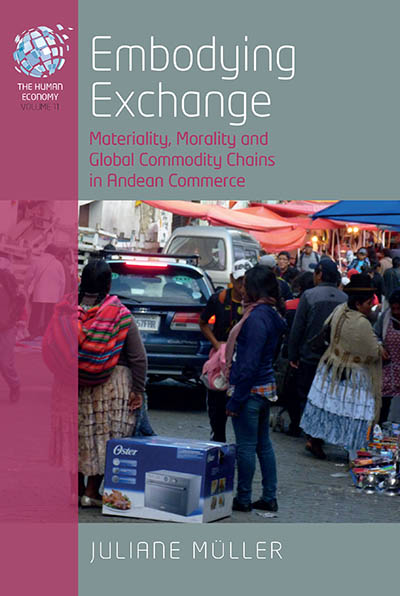 Volume 11
Volume 11
Embodying Exchange
Materiality, Morality and Global Commodity Chains in Andean Commerce
Juliane Müller
Published: 2024 -
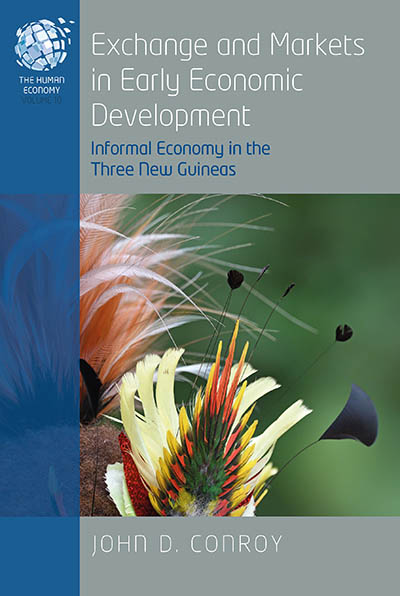 Volume 10
Volume 10
Exchange and Markets in Early Economic Development
Informal Economy in the Three New Guineas
John D. Conroy
Published: 2023 -
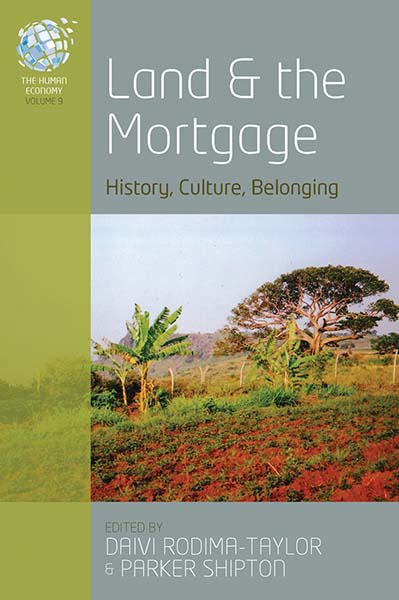 Volume 9
Volume 9
Land and the Mortgage
History, Culture, Belonging
Edited by Daivi Rodima-Taylor and Parker Shipton
Published: 2022 -
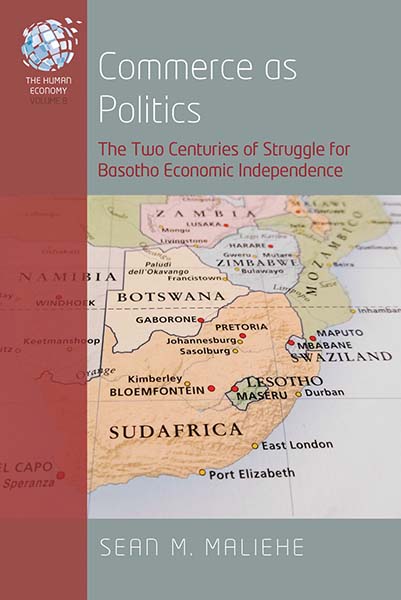 Volume 8
Volume 8
Commerce as Politics
The Two Centuries of Struggle for Basotho Economic Independence
Sean M. Maliehe
Published: 2021 -
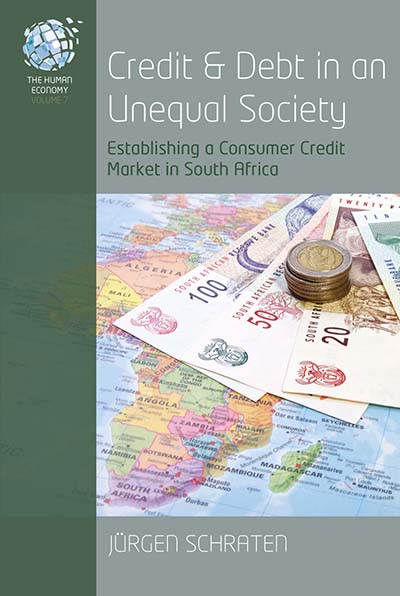 Volume 7
Volume 7
Credit and Debt in an Unequal Society
Establishing a Consumer Credit Market in South Africa
Jürgen Schraten
Published: 2020 -
 Volume 6
Volume 6
Money at the Margins
Global Perspectives on Technology, Financial Inclusion, and Design
Edited by Bill Maurer, Smoki Musaraj, and Ivan V. Small
Published: 2018 -
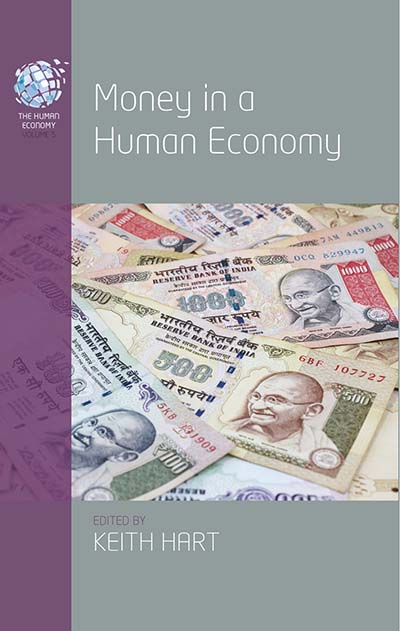 Volume 5
Volume 5
Money in a Human Economy
Edited by Keith Hart
Published: 2017 -
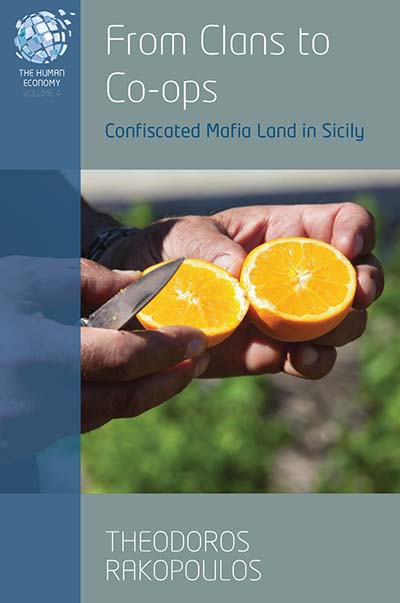 Volume 4
Volume 4
From Clans to Co-ops
Confiscated Mafia Land in Sicily
Theodoros Rakopoulos
Published: 2017 -
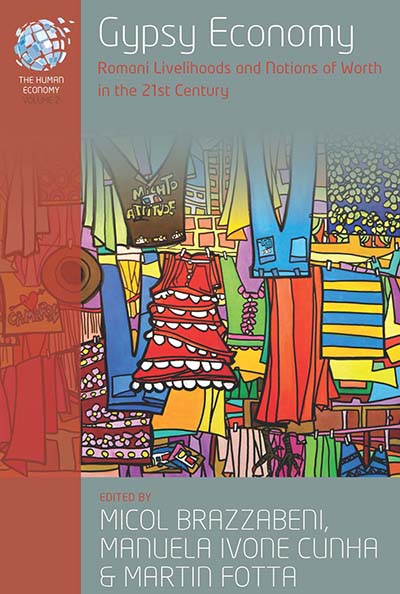 Volume 3
Volume 3
Gypsy Economy
Romani Livelihoods and Notions of Worth in the 21st Century
Edited by Micol Brazzabeni, Manuela Ivone Cunha, and Martin Fotta
Published: 2015
Afterword by Keith Hart -
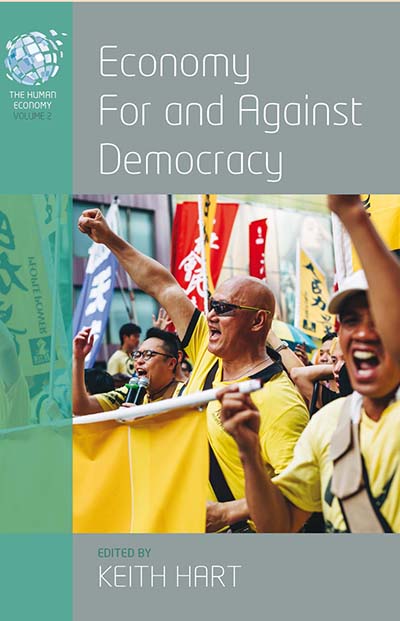 Volume 2
Volume 2
Economy for and Against Democracy
Edited by Keith Hart
Published: 2015 -
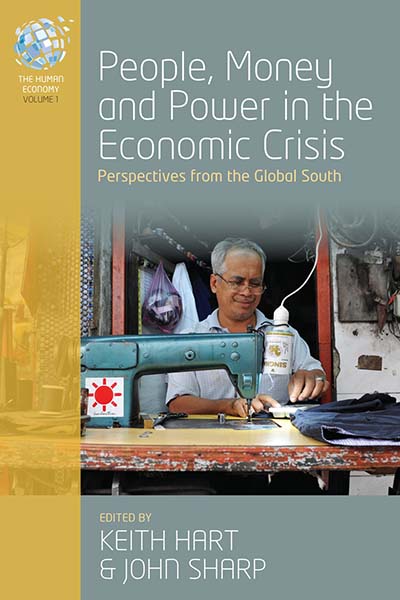 Volume 1
Volume 1
People, Money and Power in the Economic Crisis
Perspectives from the Global South
Edited by Keith Hart and John Sharp
Published: 2014












